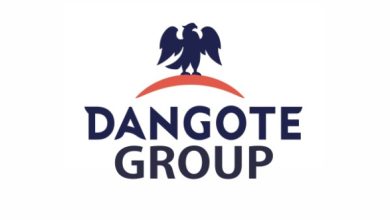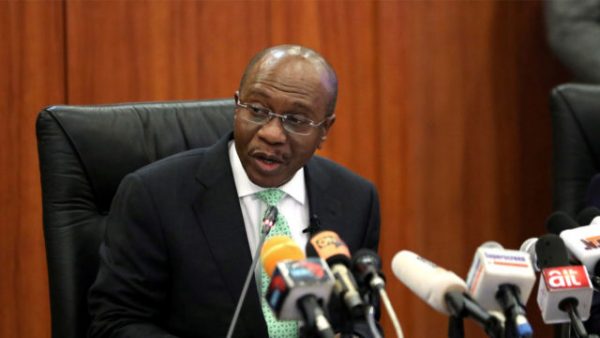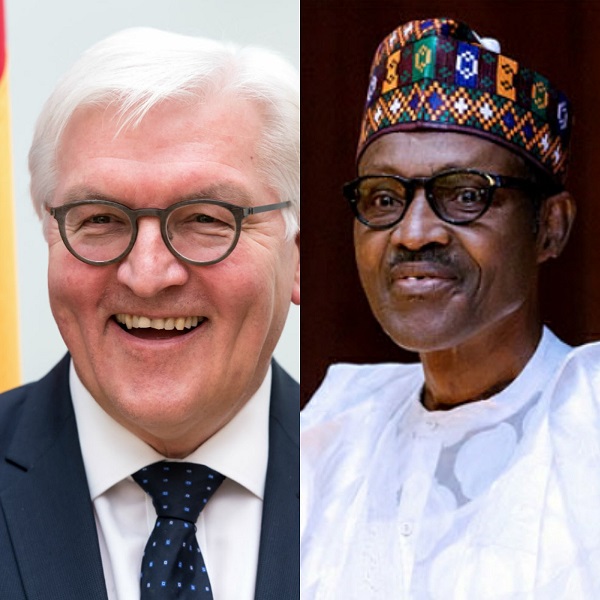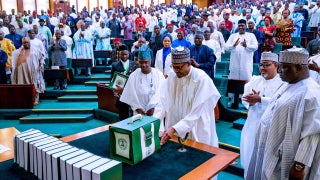Tinubu Okays Infrastructure Devt Fund, FG Eyes $25bn Annually
President Bola Tinubu on Monday approved the Renewed Hope Infrastructure Development Fund to bridge the country’s $25bn per annum infrastructure funding gap.
The new initiative will be domiciled in the Presidency, the Minister of Information and National Orientation, Mohammed Idris, told journalists after Monday’s Federal Executive Council meeting at the Presidential Villa, Abuja.
Idris said the fund became necessary given Nigeria’s current infrastructure gap, requiring $878bn to bridge between 2016 and 2040.
“Now, there is a study that was made that said Nigeria will require about $878bn between 2016 and 2040 to bridge its infrastructural deficit.
“What that means is that from 2016 to 2040, about $25bn will be required annually to bridge that infrastructure deficit.
“Therefore, Mr President, in his wisdom and with the approval of the Federal Executive Council, today, approved the setting up of the Renewed Hope Infrastructure Development Fund to be domiciled in the Presidency,” he announced.
Giving further details about the new development, the Chairman of the Federal Inland Revenue Service, Zacch Adedeji, said the fund would focus on road, rail, agriculture, ports and aviation.
He explained that the fund will be launched only after the Minister of Budget and Economic Planning, Abubakar Bagudu, prepares a supplementary budget to accommodate the new spending.
“Our key strategic focus, for now, will be on road infrastructure, rail infrastructure, agricultural infrastructure, port revitalisation and aviation enhancement.
“We believe this vehicle will be a major outside-the-box solution to our infrastructure gap. And we believe, hopefully, by the special grace of Almighty God, that Mr President will launch this fund after the Minister of Budget and Economic Planning has done the supplementary budget to take care of all these critical projects.
“So, we look forward to the next few months when the fund will be launched. And then it will be domiciled in the Presidency,” said Adedeji.
Meanwhile, the Presidency had highlighted four objectives of the RHIDF.
A statement signed by the Special Adviser to the President on Media and Publicity, Ajuri Ngelale, stated the fund would be invested in critical national projects that would, among other things, promote growth, enhance local value-addition, create employment opportunities, and stimulate technological innovation and exports.
The statement titled ‘President Tinubu approves renewed hope infrastructure development fund’, noted, “Establish an innovative infrastructure investment vehicle to attract and consolidate capital, serving as a dynamic driver for economic advancement.
“Execute strategic and meticulously chosen national infrastructure projects across several key sectors, including road, rail, agriculture (irrigation, storage, logistics & cold chain), ports, and aviation, among others.
“Efficiently utilise and aggregate accessible low-interest loans such as concessionary loans and Eurobonds, supplemented by the procurement of other favourable financing options, in addition to budgetary allocations.”
It is also designed to “guarantee Nigeria secures the most advantageous arrangements for financing, construction, and subsequently, operation and maintenance of the identified projects, ensuring optimal long-term outcomes for the nation”.
According to the Presidency, the fund will also identify appropriate approaches in its investment strategy, such as direct project financing through budgetary allocations and SPVs, co-financing (public-private partnerships) with key institutions, multilateral development institutions, as well as equity investments.
On agricultural infrastructure and food security, the Presidency said the emphasis would be on the development of robust agricultural infrastructure networks.
“This encompasses the establishment of national food storage facilities, integrated irrigation systems, ranching for animal husbandry, and the enhancement of agricultural logistics and distribution,” it noted.
On port revitalisation, the strategic thrust revolves around the rejuvenation of port facilities and associated infrastructure to streamline operations and enhance the ease of doing business.
According to the Presidency, by modernising port facilities and implementing advanced monitoring systems, the goal is to optimise efficiency, attract investments and bolster Nigeria’s position as a regional trade hub.








